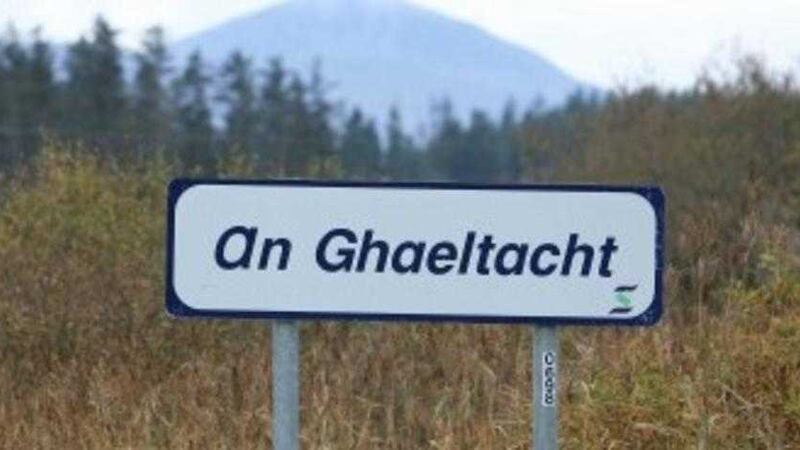The Stormont executive is to be sued by cultural organisation Conradh na Gaeilge, known in English as the Gaelic League, for failing to put an Irish language strategy in law.
Stormont is likely to lose. Legislation enacting the St Andrews Agreement requires the executive to adopt an Irish language strategy.
Last year, Stormont lost an almost identical case over its failure to produce an anti-poverty strategy, as required by the legislation enacting the Good Friday Agreement.
In the anti-poverty case, brought by campaign group the Committee for the Administration of Justice (CAJ), the judge found Stormont had “acted unlawfully” by not producing a strategy. He then deployed his ultimate sanction of granting an order for the executive to get on with it, breach of which is contempt of court and could theoretically result in ministers going to jail.
Yet one year on, there is no sign or even mention of an anti-poverty strategy, nor presumably will there be until long after next month’s assembly election. Conradh na Gaeilge faces an even emptier victory, as at least everyone at Stormont agrees poverty is bad.
CAJ and Conradh na Gaeilge have both fallen into the trap of the judicial review, the typical means by which campaigners sue government.
Judicial rulings of ‘unlawful’ and court orders to get on with it create a dramatic impression of police cars pulling up outside Stormont Castle but unlawful does not mean illegal and there is only so much contempt the courts can show to democracy.
A judicial review is not asking if politicians are guilty of an offence. It merely asks if government is acting consistently within the framework of its own laws, rules and policies. Government can be ordered to resolve any inconsistency but that could as easily be achieved by changing the law as by obeying it - and a court is on thin constitutional ice if it tries to be too specific.
A judge was able to tell Stormont to introduce an anti-poverty strategy because the Good Friday agreement is Westminster legislation and an international treaty and hence above the executive’s pay grade. The judge also rather dryly ruled that a strategy must be more than a collection of tactics.
However, the judge did not set a deadline for the five executive parties to agree because that would have been a grotesque intrusion into politics. As the whole point of CAJ’s complaint was that the executive had failed to agree for nine years, what was the point of putting it before a judge?
That question is being increasingly asked in Britain. Three years ago, UK justice secretary Chris Grayling announced plans to make judicial reviews harder to bring so that “the system isn’t open to abuse by groups” who “simply want to cause delay or disruption to plans or generate publicity for themselves.”
He noted that the number of judicial reviews had increased from 160 in 1974 to 12,000 a year today.
Generating publicity is in fact a perfectly valid reason for campaigners to sue the government. In the 1970s, impressions of police cars pulling up outside ministerial offices would have caused the public great shock and politicians huge embarrassment. But overuse has plainly worn this out. Another change since the 1970s is the sheer volume of laws, rules and policies government now churns out, making inconsistency so easy to find that the accusation is laughable. There is a strong sense of political activists being drawn in to a grandstanding parlour game.
Northern Ireland is particularly vulnerable to the temptations and weaknesses of judicial review, partly because some of our politicians are beyond embarrassment but mainly because of our mandatory multi-party politics. Each new executive has to agree a five-year programme for government, in advance of governing but after running for office, which inevitably results in vague promises of chocolate and flowers for all.
Turning up in the high court a decade later demanding to know why your flowers were never delivered just makes you look hopelessly naïve.
Conradh na Gaeilge does not deserve censure for bringing a judicial review - it is acting on its frustrations responsibly rather than engaging in divisive stunts. However, as a tactic, suing Stormont no longer contributes to a strategy. Unlocking a political deadlock in Northern Ireland requires changing the other side’s mind.
Consider how much progress, publicity and re-evaluation within unionism has been achieved through a few Irish language classes on the Newtownards Road. If there is campaign funding to spare, spend it like that.
newton@irishnews.com









